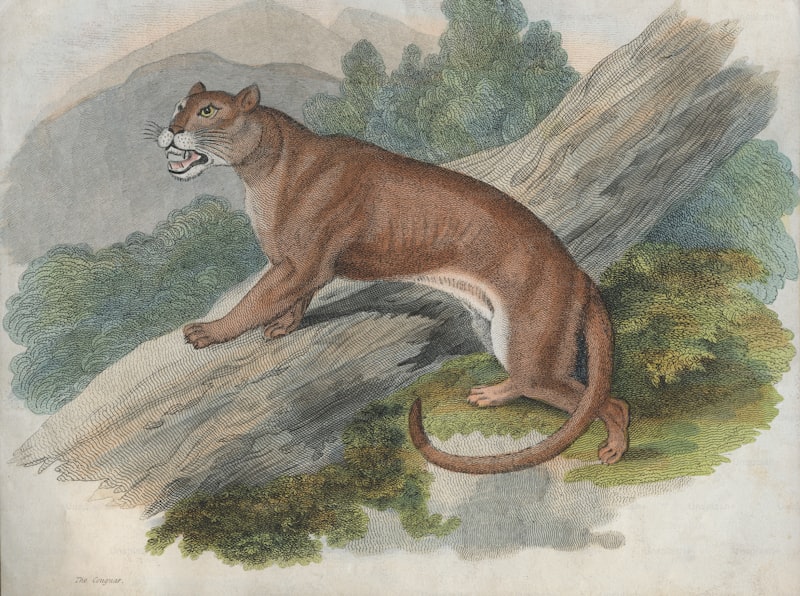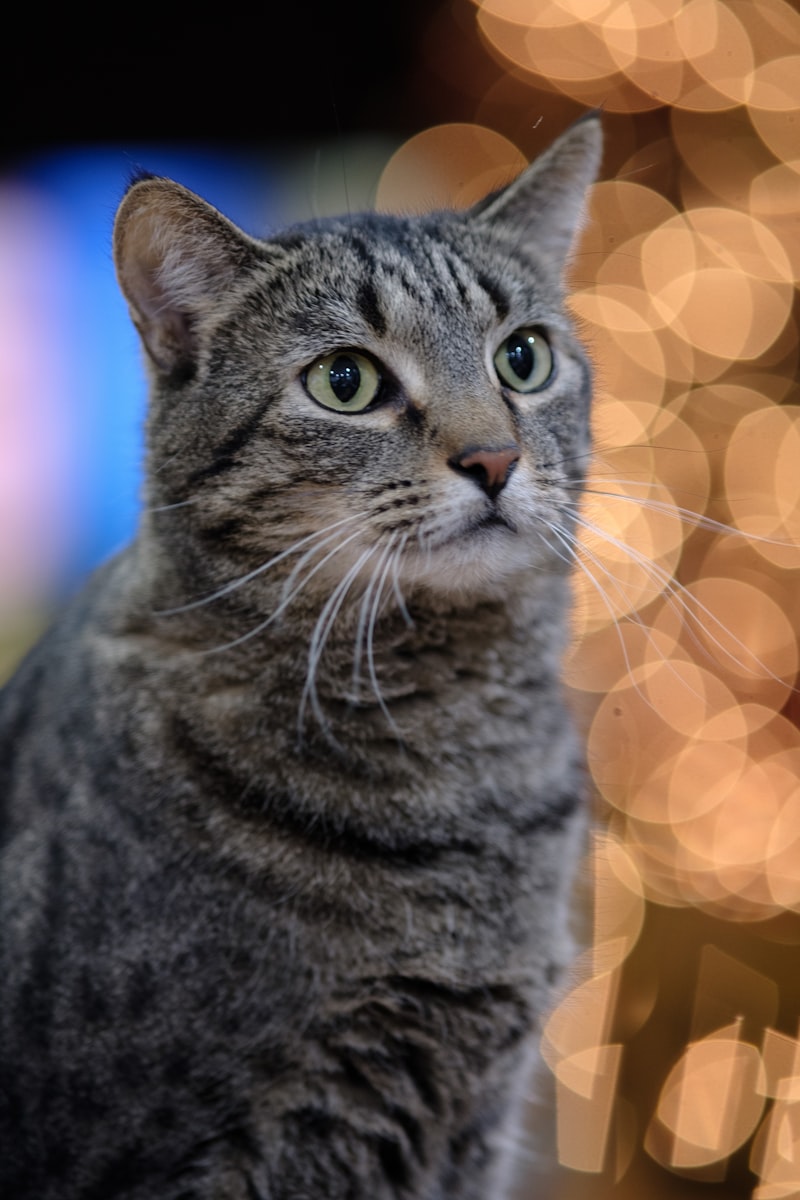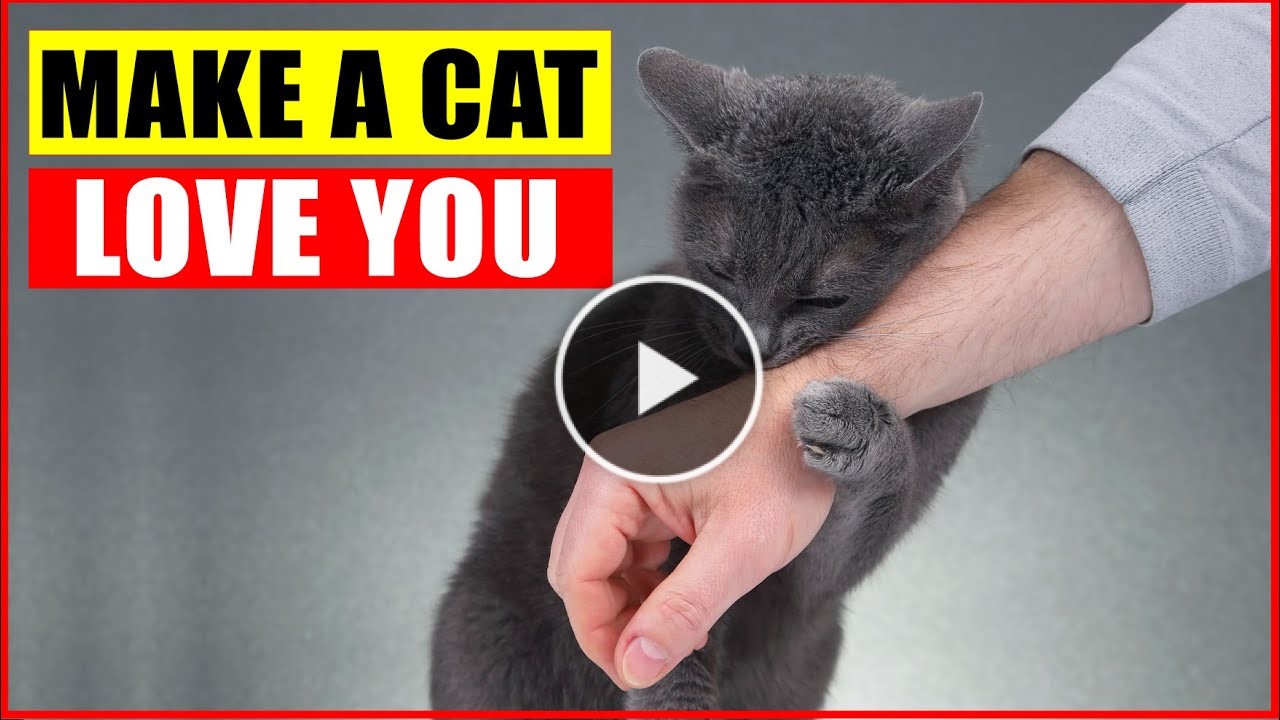Take the Egyptians, for instance. They revered cats as divine beings, associating them with the goddess Bastet, protector of the home and fertility. It’s no surprise that harming a cat back then could land you in serious trouble. Imagine living in a world where your pet was considered a living deity! And in Norse mythology, the goddess Freyja is often depicted riding into battle in a chariot pulled by two large cats. Can you picture that scene? A fierce warrior riding with the grace and elegance that only a cat can embody!
Then, let’s hop over to Japan, where the beckoning cat, or “Maneki-neko,” symbolizes good fortune and prosperity. This little feline figure can be found in homes and businesses, giving a friendly wave to invite wealth. It’s as if these tiny statues are saying, “Hey, luck is just a paw away!”
Whiskered Wonders: The Enigmatic Role of Cats in Ancient Mythology
Take ancient Egypt, for instance. Cats were seen not just as pets but as sacred companions to the goddess Bastet, symbolizing home, fertility, and domesticity. Imagine living in a bustling Egyptian household where a graceful cat lounges, embodying divine protection. It’s believed that harming a cat could bring about severe consequences—talk about having nine lives and then some!
Fast forward to Norse mythology, where the goddess Freyja rides a chariot pulled by two massive cats. Can you visualize these stately beasts striding alongside the goddess of love? It suggests that cats were symbols of strength and mystery, not just lap pets. And in Japanese folklore, the myth of the ‘Maneki-neko’ — a beckoning cat — offers a delightful twist on the common adage that fortune favors the bold. This charming creature is thought to bring good luck, essentially making it a furry financial advisor!
Across cultures and time, cats have been wrapped in the ethereal veil of mystery, serving as symbols of intuition, independence, and even danger. They’ve danced between realms of the living and the supernatural, often representing the unknown. So, the next time you catch your cat staring intently into the corner of the room, you might just wonder—what are they seeing that we can’t? It’s this enigmatic charm that keeps us fascinated with our whiskered companions, linking them to the legends of times gone by.
Feline Divinities: How Cats Shaped Legends Across Cultures
But it doesn’t stop there! Across the globe, cats have shaped legends and folklore that spark our imagination. In Japan, the infamous “Maneki Neko,” or beckoning cat, symbolizes good luck and prosperity. Picture that adorable ceramic kitty raising its paw, inviting fortune your way. Isn’t it fascinating how a simple cat can become a beacon of hope and fortune?
Then there’s the Norse mythology, where cats were closely associated with the goddess Freyja, the ruler of love and fertility. Can you see the connection? Here’s a fierce goddess riding her chariot drawn by a bunch of cats! What a striking image of strength and feline grace combined!
In many cultures, if you spot a black cat, it might send shivers down your spine, but it’s all about perspective. While some view them as harbingers of bad luck, in other traditions, they are seen as protectors and guardians against negative energy. It’s similar to how people can see the same glass either half-full or half-empty—cats are simply on either side of that divide!
So, whether they’re prowling through ancient temples or curling up in your lap today, cats have left an indelible mark on our myths and legends. They remind us that the whimsical dance of history is often led by the most unexpected partners.
Cats and Their Mythical Mystique: From Egyptian Goddesses to Norse Lore
Imagine walking through the ancient streets of Egypt, where cats were not just pets but revered beings, worshipped as representations of the divine. The goddess Bastet, often depicted as a lioness or a domestic cat, embodied joy, fertility, and protection. Wouldn’t you feel a jolt of awe knowing that a simple house cat once commanded such significance and respect? They were thought to bring good fortune, guarding homes against evil spirits—talk about having a furry bodyguard!


Now fast forward to the icy realms of Norse mythology, where cats weren’t left behind in the dust of history. The goddess Freyja, associated with love and beauty, was often accompanied by elegant feline companions. Picture her, standing tall in a chariot pulled by giant cats, ruling the skies with a playful flick of their tails. It adds a whimsical twist to the idea of cat power, doesn’t it?
So, what is it about these little creatures that hooks us? Is it their mesmerizing gaze, hinting at ancient wisdom? Or maybe it’s their graceful stealth, like little shadows flitting through the night? Whatever it is, cats continue to enchant us, entwining themselves in our hearts and our stories, woven deep into the fabric of our culture across ages and lands.
The Purrfect Symbol: What Cats Represent in Global Folklore
In ancient Egypt, cats were revered like royalty. They were not just cuddly companions; they were symbols of grace and protection, often associated with the goddess Bastet. Imagine having a pet that not only purrs but also has divine connections! Meanwhile, in Japan, the famous Maneki-neko, or “beckoning cat,” is believed to bring prosperity and good luck to its owner. It’s like having your very own fuzzy little charm that waves at you!
Go further into European folklore, and you’ll find that cats were often linked with the mystical. In medieval times, they were seen as companions to witches, embodying the mysterious and supernatural. Can you picture that? A cute little kitty with a secret life, lurking in the shadows, holding ancient wisdom.
Then there’s the tale of the cat in Japanese folklore, revered for its ability to ward off evil spirits. Just think about it: a small creature with enough clout to send bad vibes packing! Whether they’re guarding homes against negativity or providing companionship in lonely times, cats have carved out a unique niche in the tapestry of global folklore, reminding us that there’s always more beneath the surface of their adorable gazes.
Shadowy Saviors: Cats as Protectors in Folktales and Legends
In many cultures, cats aren’t just pets; they’re revered protectors. Ancient Egyptians often worshipped them, believing that these sleek animals brought good fortune and shielded households from malevolent spirits. Imagine a guardian, both fierce and graceful, lounging on your windowsill, keeping watch over your woman cave. That’s a cat for you!
Then there’s the Japanese legend of the “Maneki-neko,” or the beckoning cat. This charming figure is said to attract good luck and fortune. Ever seen one wave its paw? It’s like a furry little cheerleader, bringing positivity and prosperity your way. Who wouldn’t want that kind of energy hanging around their home?
Also, let’s not forget the heartwarming stories of cats defending their human companions. Tales of feline bravery abound—like the kitty that fended off intruders or alerted their owner to danger. It’s almost like they know a little secret about the world that we don’t, acting as our silent sentinels with their ever-watchful eyes.
So, the next time you see your cat lounging about, just remember: beneath that laid-back demeanor lies the spirit of a hidden protector, ready to swoop in when the shadows grow long. How’s that for a double life?
From Familiars to Deities: The Multi-faceted Symbolism of Cats in Folklore
In many cultures, cats weren’t just pets; they were familiars, closely bonded to witches and shamans. Think of them as sidekicks with magical secrets, guiding their human companions through the veils of the supernatural. Ever wonder why some people consider it lucky when a cat crosses their path? That’s because these enigmatic creatures have long been viewed as bridges between our world and the mystical realm. Their ability to slip through shadows adds to their air of otherworldliness.
But that’s not all! In ancient Egypt, cats were revered to the point of worship. The goddess Bastet, often depicted with a lioness head, represented home, fertility, and domestic bliss. Can you picture families venerating these creatures, leaving offerings at their feet? It’s a testament to the profound impact cats have had on human lives.
In contrast, folklore from different regions reflects cats as harbingers of bad luck or misfortune, casting them into a dual role—both beloved companions and sources of superstition. Isn’t it fascinating how a single animal can embody such dichotomy? From protectors to divine figures, cats have woven their enchanting folklore through the ages, captivating our hearts and imaginations along the way.
Curious Creatures of Myth: The Surprising Powers of Cats in Different Cultures
Travel over to Japan, and you’ll encounter the Maneki-neko, or beckoning cat, thought to bring good luck and fortune. You might spot these delightful ceramic figures in shops and homes, their raised paw inviting prosperity. It’s like having a little guardian angel in feline form, always ready to draw in good vibes.
In Norse mythology, the goddess Freyja is famously associated with cats. She rode a chariot pulled by these graceful creatures, symbolizing beauty and fertility. So, next time your cat curls up on your lap, think of the ancient tales that connect them to divine beings. They might just be channeling some of that cosmic energy!
Let’s not forget the Celtic legends, where cats were seen as protectors against evil spirits, often linked with witches. They weren’t just pets but enigmatic companions, believed to possess otherworldly insights. Can you picture how comforting it must have felt to have a cat watching over you, its keen senses attuned to the spirit world?
These curious creatures of myth continue to intrigue us today, living reminders of the magic woven into our everyday lives. Each purr and every mysterious glance holds echoes of ancient wisdom, keeping us enchanted with their legacy.






